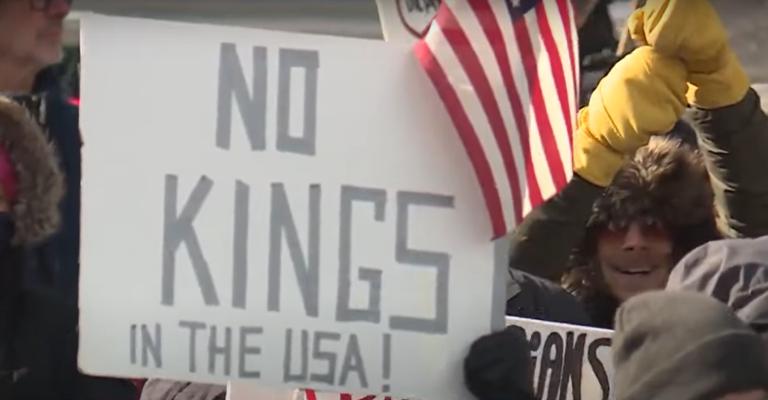
London (Source: BBC)— In a major legal setback for the controversial Tate brothers, a UK court has ruled that police can seize more than £2 million from Andrew and Tristan Tate after they failed to pay taxes on £21 million of revenue generated from their online businesses including sites like Onlyfans. The funds, held in seven frozen bank accounts, are linked to the brothers and a third individual, referred to only as “J,” who was allegedly involved in managing some of the funds.
The ruling, handed down at Westminster Magistrates’ Court, was a blow to the brothers, known for their online influence and contentious views. Devon and Cornwall Police had sought to seize the funds, arguing that the Tates had deliberately evaded tax payments by funneling money through multiple accounts, including one in the name of J, who reportedly had no involvement in the businesses. The court also found that a portion of the funds was held in cryptocurrency.
Judge Paul Goldspring, who presided over the case, described the brothers’ financial actions as a “straightforward cheat of the revenue” rather than a complex financial strategy. Despite claims from their lawyers that the movement of the funds was legitimate business activity, the judge ruled that the Tates had engaged in a “long-standing, deliberate conduct” to evade tax payments.
Devon and Cornwall Police’s legal team argued that Andrew Tate had publicly admitted he had not paid taxes in the UK, instead relying on the strategy of “ignore, ignore, ignore,” expecting authorities to eventually give up. The judge found no evidence that the brothers had paid taxes on the £21 million of revenue generated by their various online ventures, including War Room, Hustlers’ University, Cobra Tate, and OnlyFans. As a result, the court authorized the seizure of £2,683,345 in total, including the value of the cryptocurrency.
Tates’ Response: “Coordinated Attack”
Andrew Tate, who gained global notoriety for his controversial views on masculinity and gender roles, responded to the ruling by calling it a “coordinated attack.” He maintained that the court’s decision was unfair, describing the ruling as “not justice.” Tate, who has a large and devoted following, has faced multiple legal battles, and this ruling adds to his mounting legal troubles.
The Tates’ online businesses have attracted significant attention for their content, which includes courses, memberships, and exclusive content. Despite their ban from major social media platforms such as TikTok, Instagram, and Facebook, the brothers have maintained a powerful online presence, with their views reaching millions.
This latest legal ruling is only the tip of the iceberg for the Tate brothers. In June 2023, Andrew Tate was charged by Romanian authorities with rape, human trafficking, and the formation of a criminal gang. His brother Tristan Tate faces similar allegations related to human trafficking, with Romanian prosecutors claiming the brothers recruited women through false promises of love and marriage.
The Tate brothers are also facing an extradition request from Bedfordshire Police in the UK, where they are accused of further offenses related to rape and human trafficking. However, a judge in Bucharest has ruled that the extradition request will only be considered after the conclusion of the ongoing investigation in Romania.
Social Media and Public Image
Andrew Tate’s views on social media have sparked widespread controversy. Known for promoting what many have described as toxic masculinity, Tate’s rhetoric on relationships, gender roles, and success has drawn condemnation from activists and parents alike. His accounts on TikTok, Facebook, and Instagram were removed after violating policies against promoting hate speech and violence. However, despite these bans, Tate continues to have a significant influence online, with his content being shared and circulated by followers across various platforms.
Tate has regularly boasted about his ability to reach young men, claiming that his influence has only grown in recent months. His popularity, particularly among young audiences, has raised concerns about the impact of his messaging on impressionable individuals.
As the Tate brothers face mounting legal and financial challenges, questions remain about what will happen next. Despite the court’s decision to seize their assets and the various criminal investigations underway, Andrew and Tristan Tate have shown little sign of slowing down. They remain prominent figures in the online world, continuing to push their ideologies and business ventures.
While their future legal battles may determine the extent of their financial and personal consequences, the brothers’ resilience and controversial presence suggest that their ability to shape public discourse — for better or worse — is far from over.


